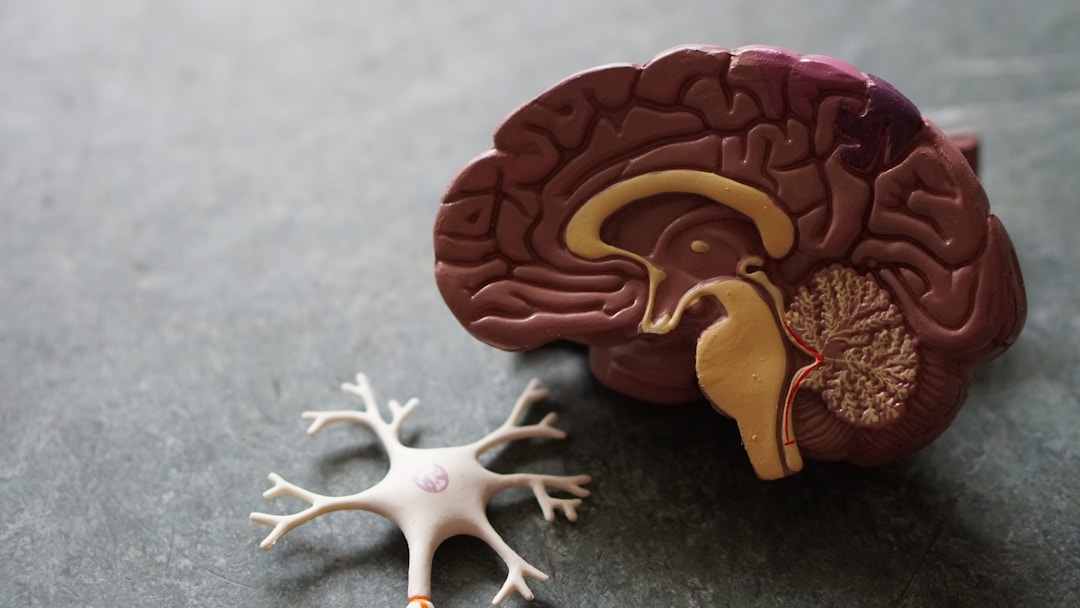NAD: A Game-Changer in Neurodegenerative Disease Prevention
Neurodegenerative diseases, such as Parkinson’s and Alzheimer’s, represent one of the major health challenges in the world. For a long time, their wide-reaching impacts on the brain, memory, and daily functioning of the patient, made their prevention and treatment a daunting task. The latest advancements in medical research and technology, however, revealed a promising avenue against these diseases: the use of nicotinamide adenine dinucleotide (NAD). This is where the potential of NAD studies becomes pivotal. The latest research within this area has revealed that NAD may play a critical role in maintaining neuronal health and function. In this article, we explore how this naturally occurring compound in the human body can become a game-changer in the prevention of neurodegenerative diseases.
Understanding Neurodegenerative Diseases: A Brief Overview

Neurodegenerative diseases are conditions characterized by gradual deterioration or loss of function of neurons, the cells in our brain and nervous system. This includes conditions such as Alzheimer’s disease and Parkinson’s disease, among others.
The root of these diseases lies in a variety of genetic, environmental, and lifestyle factors. While the exact causes remain elusive, scientists are certain that these diseases tend to be progressive, which means the condition worsens over time.
Therefore, understanding the role of NAD in the body and how it may help combat the daunting impacts of neurodegenerative diseases is crucial in our battle against these conditions.
The Role of NAD+ in Cellular Health
NAD is a coenzyme found in every cell in our body. It plays an important role in metabolic processes, serving as a helper molecule for proteins responsible for regulating various biological functions.
One of the primary functions of NAD is aiding in the production of adenosine triphosphate (ATP), the cellular currency of energy. Without sufficient amounts of NAD, the process of energy production is hampered leading to diminished cell health and function.
More interestingly, recent studies suggest that NAD is integral to the cell’s repair functions. It is involved in DNA repair and thus, plays a key role in maintaining the overall health of a cell.
Given these indispensable roles, it is no surprise that NAD has gained the spotlight for its potential benefits in preventing neurodegenerative diseases.
Exploring NAD+ as a Game-Changer in Neurodegenerative Disease Prevention

The question of how NAD could prevent such diseases stems from its role in regulating cellular health and activity. The decline in the level and functioning of neurons is a common feature of neurodegenerative diseases.
Given its role in energy production and DNA repair, NAD could be crucial in maintaining the health of these cells. Proper functioning of NAD could ensure neurons remain healthy and mitigate the risks associated with neurodegeneration.
The potentially neuroprotective effects of NAD, therefore, make it an important focus in the field of neurodegenerative disease prevention and treatment.
The promising results from preliminary studies have thus ignited hope for countless individuals suffering from these diseases, and those at risk.
Scientific Research Supporting NAD+ for Neurodegenerative Disease Prevention
Over the years, several studies have highlighted how boosting NAD levels may slow down the progression of neurodegenerative diseases. Preclinical trials in mice models have shown that replenishing NAD levels improves brain health and cognitive function, especially in relevance to Alzheimer’s pathology.
Additional research showed that supplementation of NAD precursors might ameliorate age-associated metabolic decline and enhance life span. This is particularly useful for the elderly population that faces an increased risk of neurodegenerative diseases.
While further human clinical trials are needed to validate these findings, the initial research data remains promising. These findings lay the foundation for NAD’s potential as an effective adjunctive treatment approach for neurodegenerative diseases. This focuses the limelight on the importance of maintaining adequate NAD levels in the body.
Altogether, the emerging research on NAD and its potential for counteracting neurodegeneration marks a promising stride forward in the battle against neurodegenerative diseases. Restoring and maintaining healthy NAD+ levels could be an effective strategy for maintaining brain health and potentially slowing the progression of neurodegenerative diseases.



